4, April 2018
Trump says he could have ‘a very good relationship’ with Putin 0
President Donald Trump says he could have “a very good relationship” with Russian leader Vladimir Putin, even as the United States and many European nations have expelled more than 150 Russian diplomats.
“Getting along with Russia is a good thing,” Trump said Tuesday during a joint press conference with leaders of three Baltic countries most concerned about the potential for “aggression” from Moscow.
“I think I could have a very good relationship with Russia and with President Putin, and if I did, that would be a great thing. And there’s also a great possibility that that won’t happen. Who knows?”
Trump made the comments as his administration raised the prospect of a White House meeting between the US and Russian presidents.
White House press secretary Sarah Huckabee Sanders said Trump and Putin had “discussed a bilateral meeting in the ‘not-too-distant future’” during their most recent phone conversation last month, and that the White House was among “a number of potential venues.”
Trump called Putin on March 20 to congratulate him on his reelection, stoking criticism he is overly warm with the Russian president even as the US intelligence has conduced Russia interfered in the 2016 US election.
During the White House summit on Tuesday, Trump said he was looking to expand business ties with Latvia, Lithuania and Estonia, as their leaders have called on the US to take a tougher stance against Russia.

“The Baltic countries remain a key market for US aircraft, automobiles, machinery and medical equipment, and we welcome increased bilateral trade with all three nations based on the principle of fairness and reciprocity,” he said.
Trump told the foreign leaders that “nobody has been tougher on Russia” than he has been, noting he has pushed for increased military spending and energy production to beat Russia.
“We’re essentially now energy-independent. We’re an exporter of energy. That is not a positive for Russia,” he said.
“We are going to have a military stronger than we’ve ever had before by far,” he added. “That’s not exactly a great thing for Russia.”
The three states, along with the US, moved to impose new sanctions on Moscow in response to the poisoning of ex-spy Sergei Skripal and his daughter in England last month, an attack that Western officials have blamed on the Kremlin.
The UK says the nerve agent Novichok had been used to poison the pair, claiming only Russia had the capability, motive and intent to be behind the attack.
Moscow has vehemently denied any involvement, saying the substance could have originated from the countries studying Novichok, including the UK itself, Slovakia, the Czech Republic and Sweden.
The Trump administration announced plans to expel 60 Russian diplomatic officials it accused of being spies following the nerve agent attack against Skripal.
Despite diplomatic actions by his administration, Trump has not forcefully condemned Putin and Moscow for the incident.
Moscow has also expelled nearly 60 diplomats from different countries in retaliation.
Source: Presstv
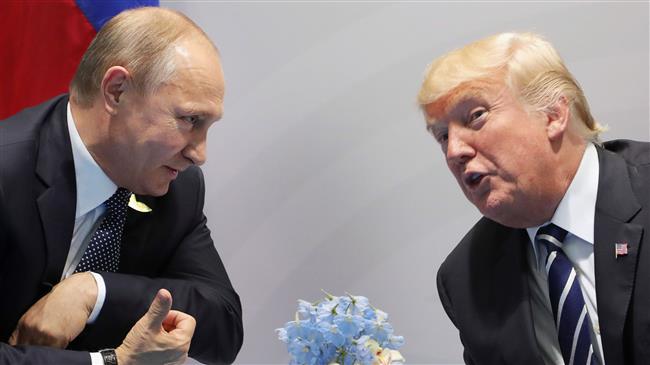

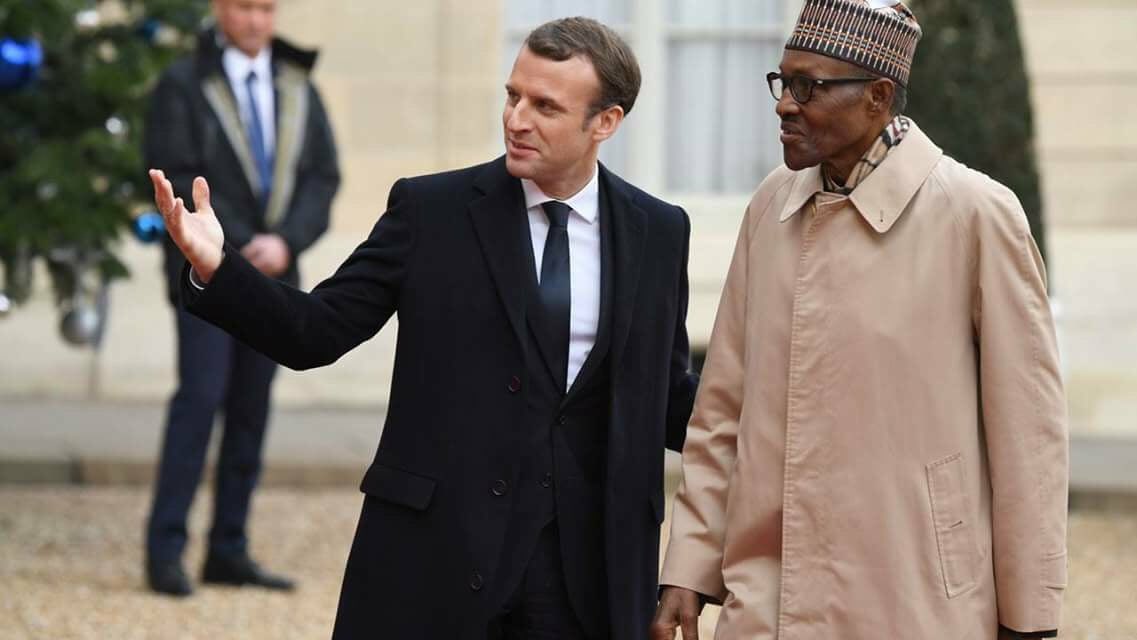



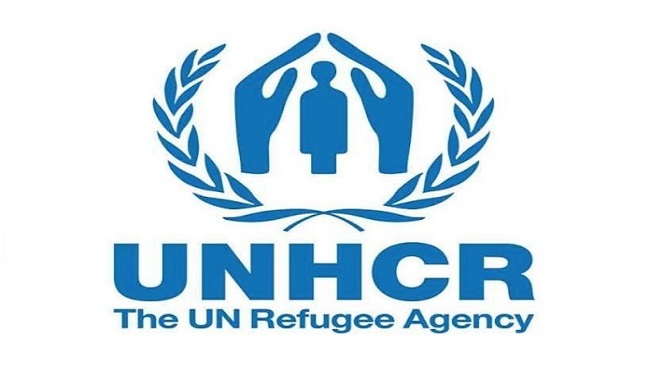

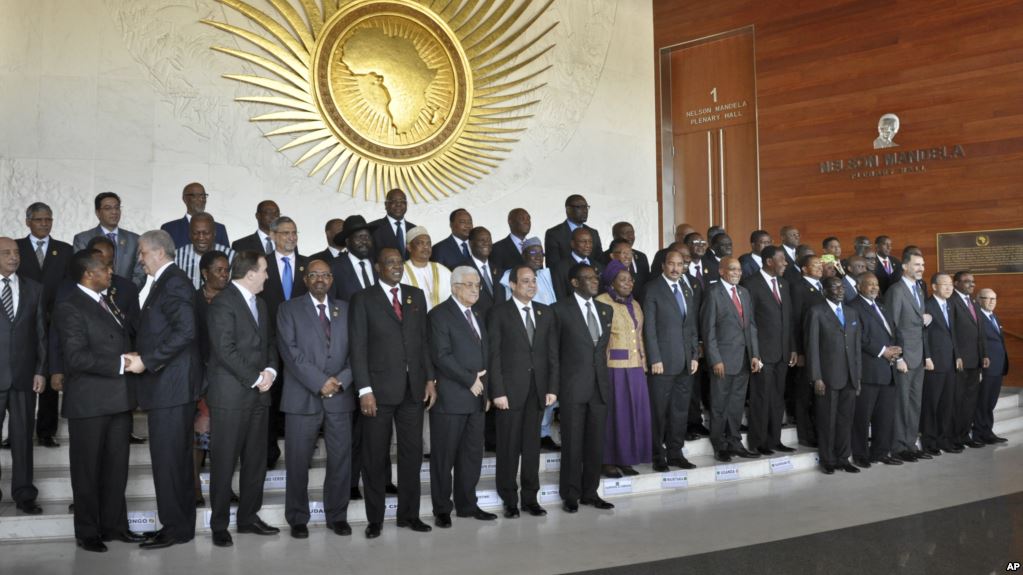
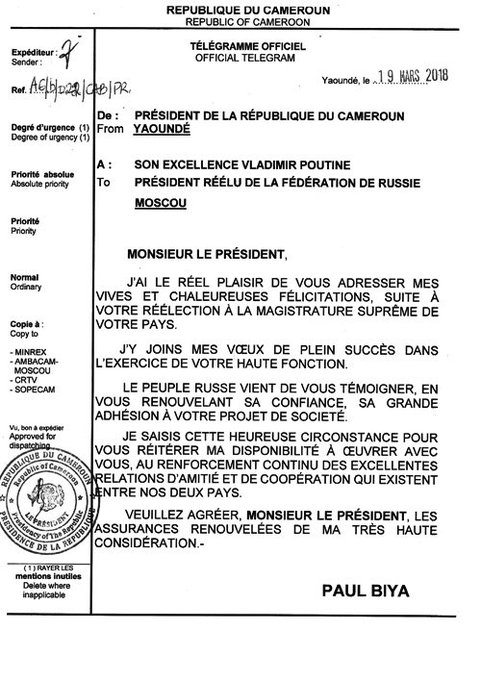
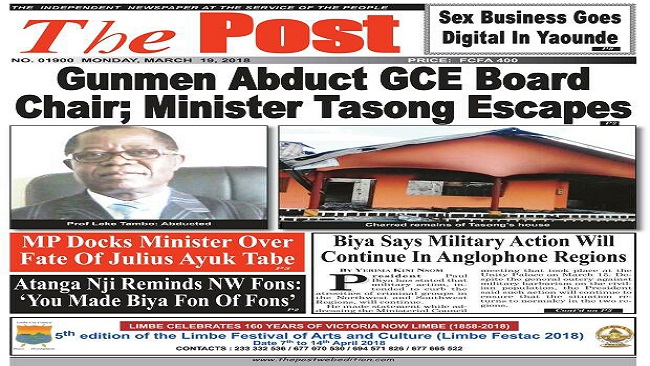
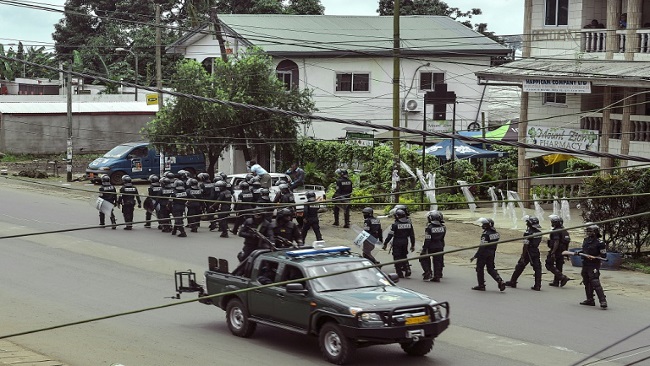













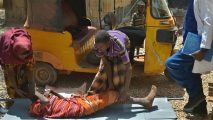




6, April 2018
Did Gadaffi fund Ukraine opposition leader’s failed presidential bid? 0
Corruption investigators in Ukraine are looking into allegations that late Libyan leader Muammar Gaddafi gave a multi-million euro donation to the presidential campaign of Yulia Tymoshenko in 2010, Ukrainian MP Volodymyr Ariev said.
Tymoshenko denies the claims, but reports of past illicit campaign financing could damage the Ukrainian opposition leader, who is currently beating President Petro Poroshenko in opinion polls ahead of next year’s presidential vote.
Ariev, who is a member of Poroshenko’s ruling BPP faction, said he and other MPs had formally asked the National Anti-corruption Bureau of Ukraine (NABU) look into the allegations published by pan-Arab newspaper Asharq al-Awsat in February.
According to Asharq al-Awsat, a Gaddafi representative flew by private jet to Kiev to deliver a briefcase with 4 million euros ($4.9 million) in cash to help finance Tymoshenko’s ultimately unsuccessful 2010 presidential bid.
“As soon as this information appeared in the newspaper, three MPs sent a request to NABU with a request to verify this information,” Ariev told Reuters after he posted a photo on Facebook of NABU’s alleged written acceptance of the request.
Under Ukrainian law, state bodies must investigate any claims if requested by members of parliament. No criminal case has been launched.
Asked to comment on the allegations, the press service of Tymoshenko’s Fatherland party said: “It is nonsense. The information is not correct.”
NABU did not immediately respond to a request for comment.
Gadaffi’s financing of foreign elections
The case threatens to draw Tymoshenko into a broader scandal surrounding Gaddafi’s alleged bankrolling of foreign elections.
France is investigating whether former President Nicolas Sarkozy received 5 million euros of Libyan cash to finance his 2007 election campaign.
Tymoshenko has been prime minister twice and was imprisoned by former president Viktor Yanukovich in a case condemned by Western leaders as selective justice.
Known for her trademark braided hairstyle, Tymoshenko lost the 2014 presidential race, but the latest poll by Rating shows her ahead of Poroshenko with 18.7 percent support versus 15.6 percent for the incumbent president.
The next presidential election is slated for March 2019.
While Tymoshenko served as prime minister in 2007-2010, Kiev and Tripoli agreed a number of commercial deals including a plan for Libya to grow wheat on 100,000 hectares of Ukrainian land.
Gaddafi visited Kiev during a tour of ex-Soviet states in 2008, three years before he was overthrown and killed by rebels. He hosted Tymoshenko in a Bedouin-style tent that he had pitched in central Kiev as was his habit on official trips.
REUTERS